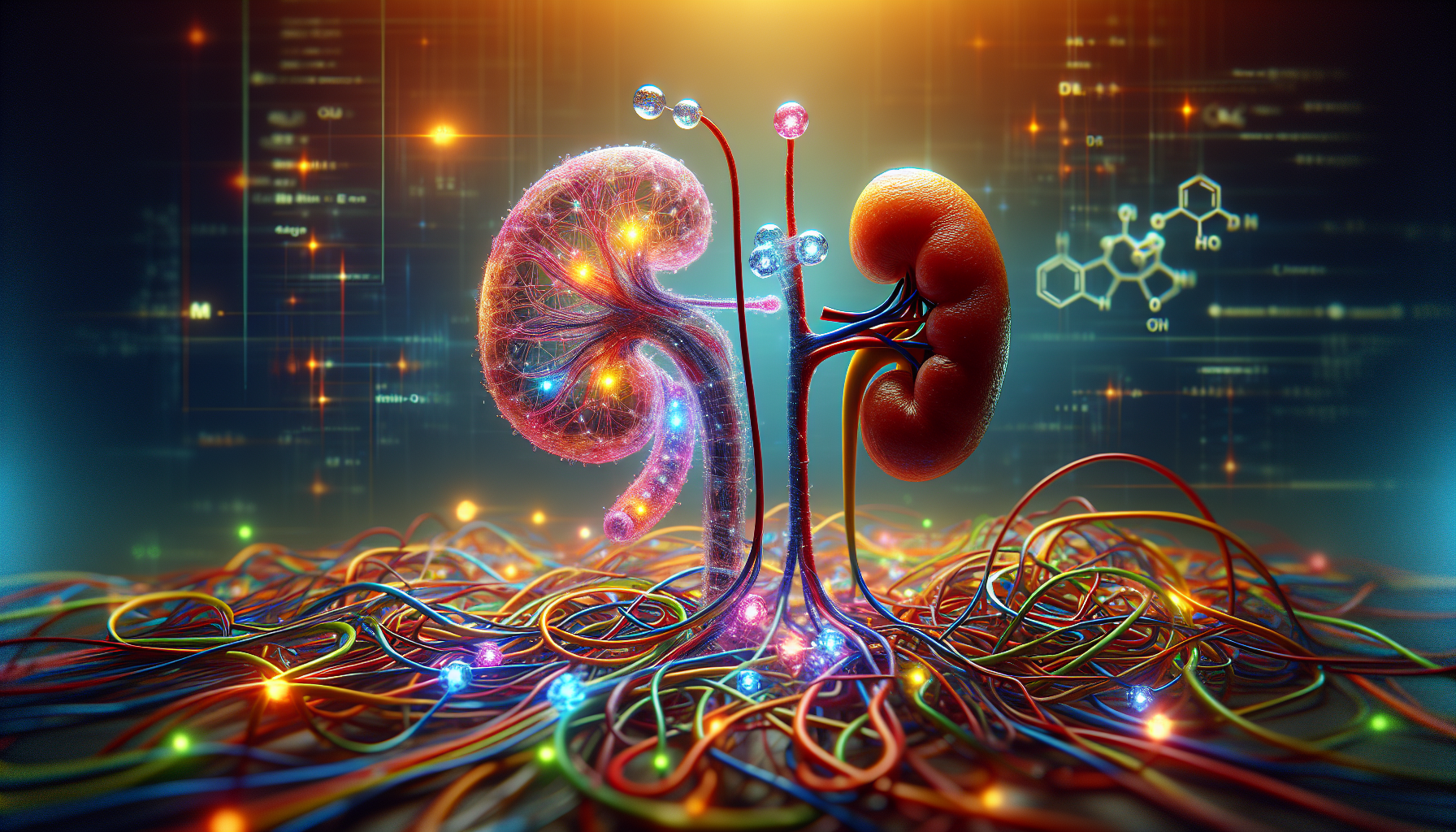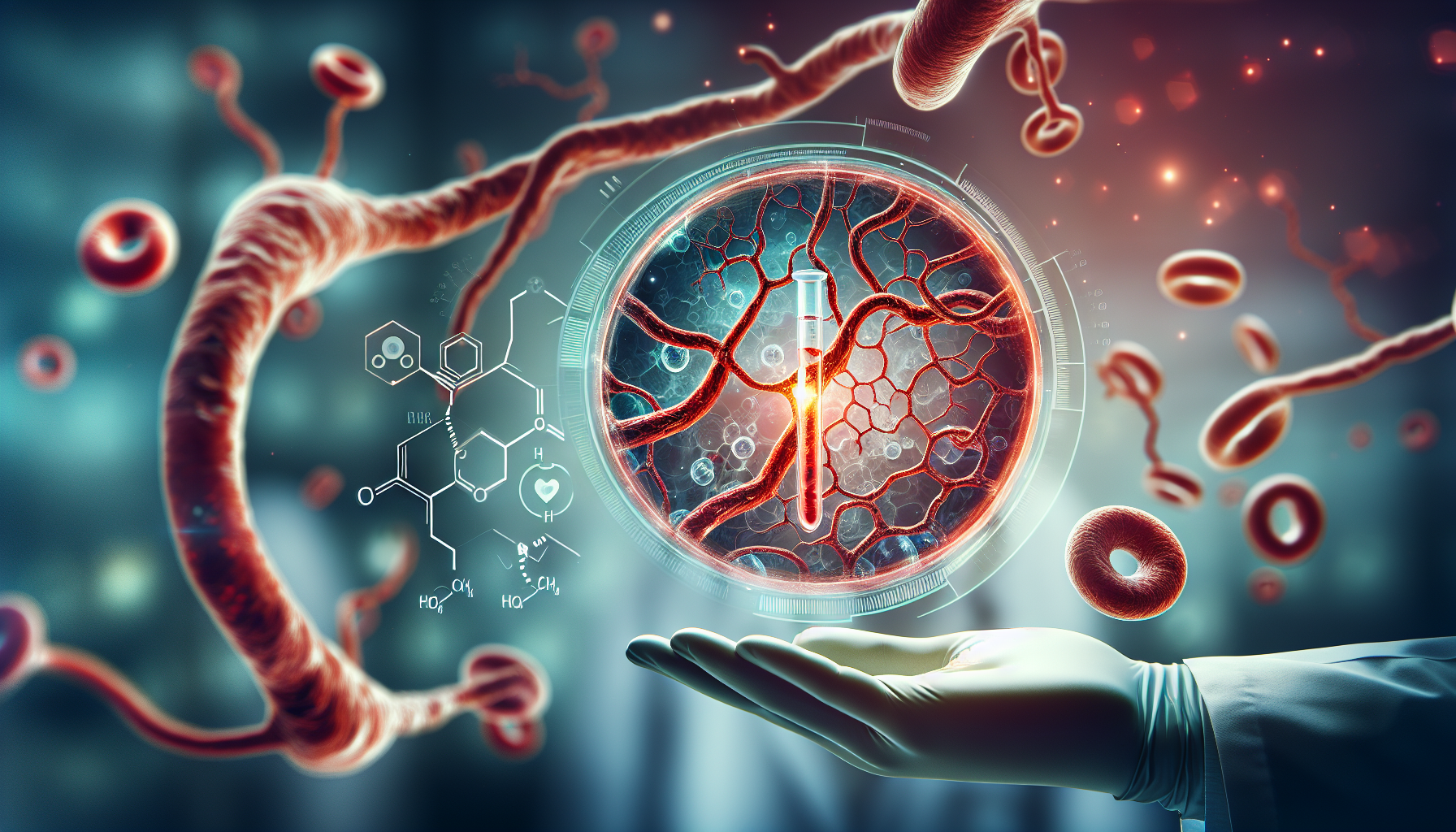New Hope for ADPKD Patients: Phase II Clinical Trials for Tamibarotene Underway
Key Takeaways
- Tamibarotene shows potential in treating ADPKD through the ongoing Phase II clinical trial.
- RN-014 aims to provide a new effective treatment option for ADPKD patients.
- Rege Nephro CO., Ltd. is advancing kidney disease research with their innovative iPSC-based technology.
Did You Know?
Introduction to the Clinical Trial
Rege Nephro CO., Ltd. has recently taken a significant step in advancing the treatment of autosomal dominant polycystic kidney disease (ADPKD) by initiating patient enrollment for the second stage of its Phase II clinical trial of tamibarotene. This promising developmental drug, coded as RN-014, aims to offer a new therapeutic option for ADPKD patients.
The decision to proceed with stage two came after a thorough review of safety data from the first stage of the trial, which started in December the previous year. Rege Nephro CO., Ltd. aims to complete patient enrollment by the end of 2024.
Current Treatment Landscape
Currently, tolvaptan is the only approved medication specifically for ADPKD. However, its effectiveness is limited, creating a strong need for new treatment options. Numerous pharmaceutical companies have tried developing new drugs for ADPKD, but many have not succeeded in clinical trials due to lack of efficacy. This underscores the importance of continuing research in this field.
RN-014 is one of the most advanced drugs under development for ADPKD patients, offering hope for better management of this hereditary kidney disease.
Understanding ADPKD
ADPKD is the most common hereditary cystic kidney disease. It is characterized by the gradual development and enlargement of multiple cysts in both kidneys, leading to progressive kidney dysfunction. In addition to the kidneys, cysts can form in the liver and pancreas. Patients may also experience high blood pressure, cerebral aneurysms, and heart valve abnormalities due to associated vascular issues.
With no current cure available, treatments focus on managing symptoms and slowing disease progression. Tolvaptan, the only approved drug, works by inhibiting cyst growth but does not provide a cure.
The Promise of Tamibarotene (RN-014)
Tamibarotene is a retinoic acid receptor (RAR) agonist being developed to treat ADPKD. It has shown potential in inhibiting cyst formation and improving renal function. In preliminary studies, a daily dose of 4mg has been identified as effective and safe.
The current Phase II clinical trial began in December 2023 and includes a pharmacokinetic (PK) phase and a randomization phase. Various safety protocols are in place, including phased patient enrollment and periodic independent safety monitoring. Strict criteria for dose reduction and discontinuation of the drug, as well as potential discontinuation of the entire trial, ensure patient safety.
About Rege Nephro CO., Ltd.
Rege Nephro CO., Ltd. is a clinical-stage biotech company using innovative induced pluripotent stem cell (iPSC)-based technology from the Center for iPS Cell Research and Application (CiRA) at Kyoto University. The company is dedicated to developing new therapeutics and cell therapies for various kidney, liver, and pancreas diseases.
The company's focus on iPSC technology leverages groundbreaking research to create potential new treatments that can address unmet medical needs.
Conclusion
The progression to the second stage of the Phase II clinical trial for tamibarotene represents a beacon of hope for those affected by ADPKD. With the high demand for more effective treatments and strong preliminary results, the trial's continuation marks an important milestone in the journey toward improved patient care.
References
- Rege Nephro CO., Ltd.https://www.regenephro.co.jp/en
- Mayo Clinic on ADPKDhttps://www.mayoclinic.org/diseases-conditions/autosomal-dominant-polycystic-kidney-disease/diagnosis-treatment/drc-20351278
- National Institute of Diabetes and Digestive and Kidney Diseases (NIDDK)https://www.niddk.nih.gov/health-information/kidney-disease/autosomal-dominant-polycystic-kidney-disease






